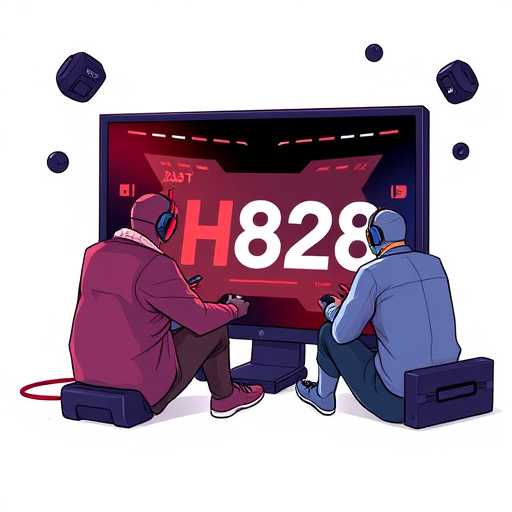Exploring how gaming platforms like PH828 are shaping online communities and digital culture.
In the rapidly evolving landscape of 2025, gaming platforms such as PH828 are more than just a source of entertainment; they are powerful tools that shape the dynamics of online communities. As the gaming world grows more interconnected, platforms like PH828 serve as hubs for social interaction, creativity, and even economic activity.
PH828, recently launched, has quickly gained traction among gamers, proving that the appetite for digital social spaces continues to blossom. With its array of interactive features and community-driven content, the platform exemplifies the trend of gaming environments becoming vibrant ecosystems where players from around the globe can engage and collaborate in real-time.
The influence of such platforms extends beyond recreation. PH828 and others like it play a critical role in digital culture, facilitating global communication and cultural exchange. Gamers utilize these spaces to share ideas, make new friends, and, in some cases, even collaborate on professional or educational projects. This expands the traditional boundaries of what gaming platforms were originally designed for.
Moreover, the economic implications are notable. Virtual economies within these games normalize digital transactions and create market dynamics reminiscent of those found in the real world. PH828's virtual marketplace, for instance, allows players to trade digital items, fostering an understanding of value and economy among its users.
As these platforms grow, they do not come without challenges. Issues like digital addiction, privacy concerns, and the need for regulation become more pressing. Developers and policymakers need to address these concerns to ensure that these communities remain healthy and inclusive spaces for all participants.
In conclusion, PH828 is a testament to how online gaming platforms are no longer mere pastimes but are driving forces in shaping online communities and digital culture. As we move further into the digital age, the implications of this shift will continue to unfold, offering both new opportunities and challenges for users and developers alike.




